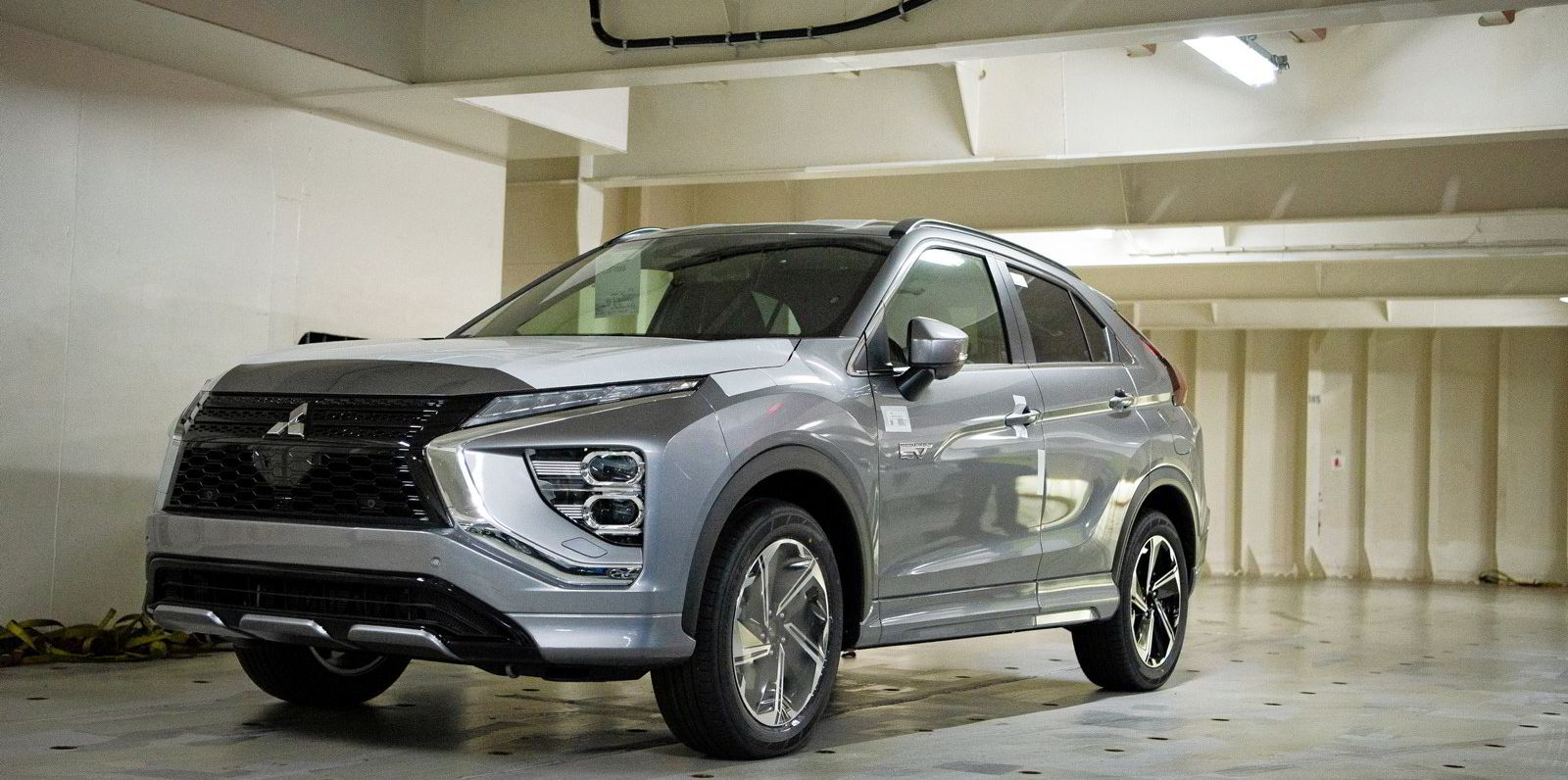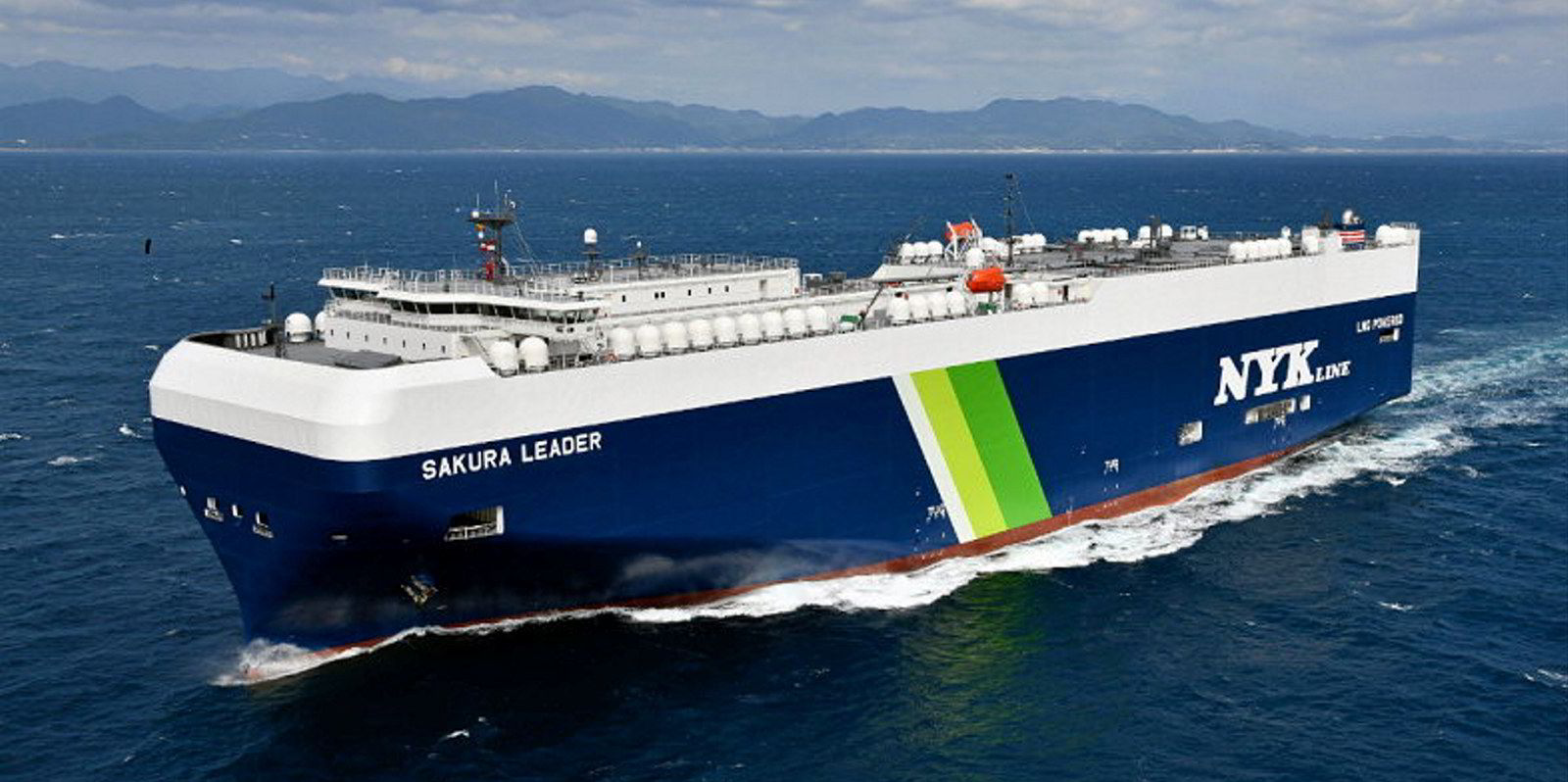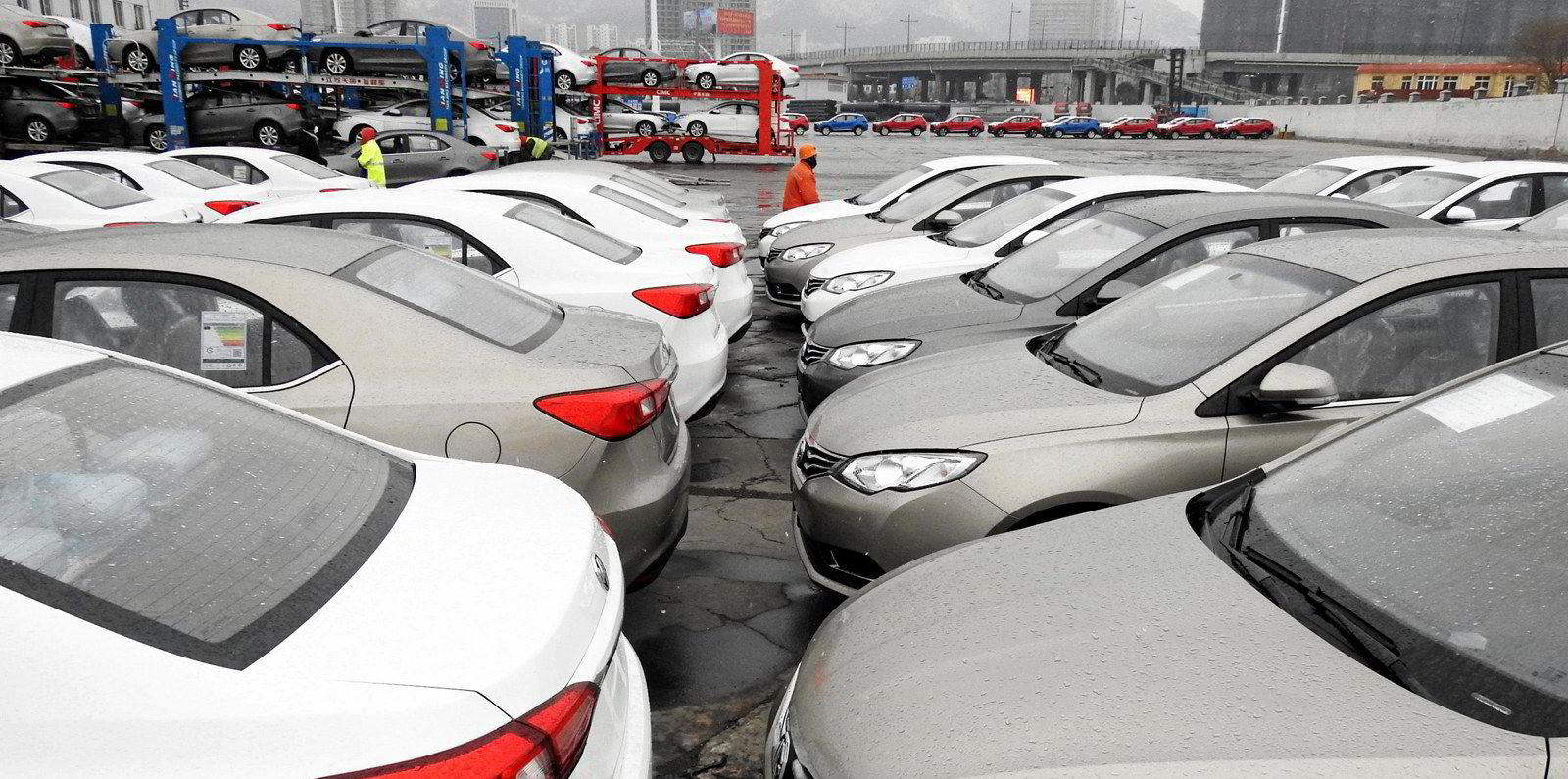Car carrier charter rates have put the pedal to the metal this year, overtaking pre-financial crisis records to chalk up all-time highs, Clarksons says.
From a low of $10,000 per day in mid-2020, the guideline one-year charter rate for a 6,500-ceu pure car/truck carrier recently reached an all-time high of $55,000 per day.
By comparison, Clarksons said it took over six years for rates to climb from circa $20,000 per day to more than $50,000 per day in the 2002 to 2008 boom.
Shipowners have also reportedly been able to demand much longer fixture periods of up to five years or more as resurgent markets point to strong vessel demand.
“After a challenging decade of oversupply following the financial crisis, major impacts from the Covid pandemic — despite initially causing lay-up — have triggered a change in fortunes for the car carrier sector,” Clarksons said.
“Operational challenges aside, robust financials are now being reported by operators, while tonnage providers are commanding exceptional charter rates.”
Changing trade patterns have had a major impact; Chinese exports surged to a record 1.6m units in 2021, up 104% year on year, with much of the growth in long-haul, peak-leg exports to Europe, according to Clarksons.
Furthermore, accelerating electrification is driving increased seaborne trade in larger and heavier electric vehicles and plug-in hybrids, which take up more deck space.

“The average petrol vehicle imported into the European Union, for example, weighs around 1.2 tonnes, versus around two tonnes for a plug-in hybrid,” the broker said.
Resurgent ‘high-and-heavy’ and project cargo volumes are also said to have lifted vessel demand.
But Clarksons said strong and complex demand trends only tell part of the story, as exceptionally tight market conditions also reflect major disruption.
“A range of factors from labour shortages at ports and difficulties with crew changes to abrupt changes in output from car plants in different regions and shifting trade patterns have all combined to soak up vessel capacity,” the broker said.
At the start of May, the Clarksons car carrier port congestion index showed a record 29% of the car carrier fleet capacity was ‘at port’, up from an average of 25% last year and up almost a third from the pre-Covid average of around 23%.
Improved markets and sentiment have inevitably sparked a resurgence in newbuilding interest with 52 ships of 380,000 ceu ordered since the start of 2021, up from just 20 ships across the period between 2016 and 2020.
“Notably, all of the vessels ordered since the start of 2021 will be LNG capable, in part reflecting a drive from car manufacturers to become green through the supply chain,” Clarksons said.





